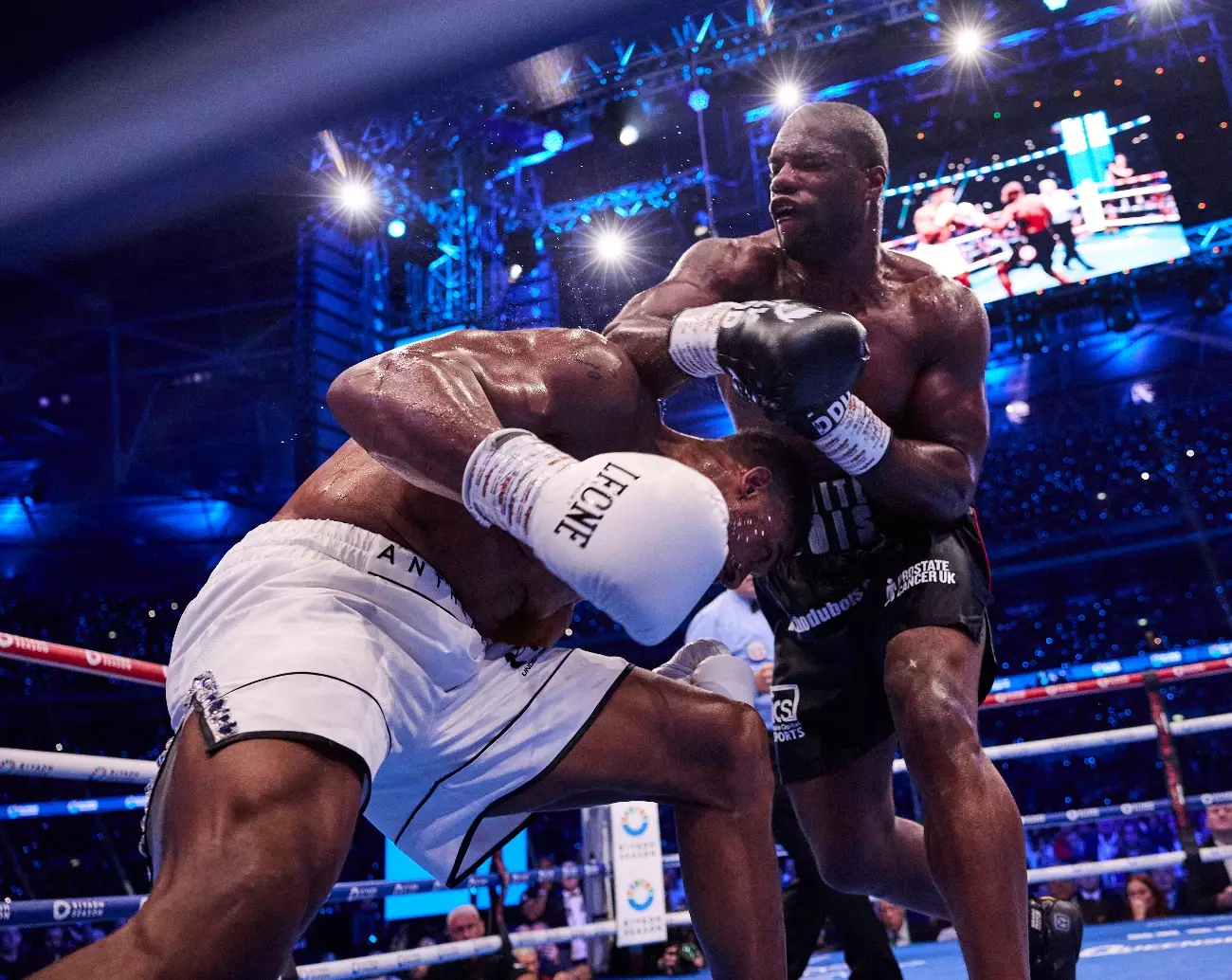In a surprising turn of events, IBF heavyweight champion Daniel Dubois extended a challenge to YouTuber-turned-boxer Jake Paul for a title fight. The proposition, delivered through a direct message from Dubois, who boasts a record of 22 wins and 2 losses with an impressive 21 knockouts, sets the stage for what could ostensibly be a high-stakes match. However, boxing enthusiasts and analysts alike share skepticism regarding the likelihood of this matchup materializing. Jake Paul’s history of careful opponent selection suggests he will likely sidestep the challenge, prioritizing fights with aging icons or less formidable contenders who won’t jeopardize his carefully constructed brand.
The Calculated Game Plan
Jake Paul’s approach to matchmaking is distinctly strategic, focusing on maintaining his celebrity status while avoiding serious competition. This paradigm follows a recognizable trend, where he often opts for older, well-known figures—fighters who no longer represent a significant threat due to age or inactivity. Fighting a robust and currently active boxer like Dubois would not only risk his unblemished record but also expose Paul to the unforgiving world of serious boxing, where the consequences of defeat are far more profound than the superficial glamour associated with celebrity boxing matches.
After his recent victory over the legendary Mike Tyson, who, at 58, still commanded attention, Paul has become the center of attraction for a myriad of challengers. The allure of high payouts, as evidenced by Tyson’s substantial $20 million purse, exacerbates the interest from both active and former fighters who see an opportunity for a lucrative payday. Yet, Paul’s internal calculus will likely dictate a more cautious route, one that keeps him in the spotlight while minimizing his risk of physical and reputational damage.
The Consequences of Avoidance
Engaging only in fights that align with his predetermined standards not only holds Paul’s career afloat but also distances him from genuine competition. The implications of such avoidance could be detrimental in the long run. While the spectacle of celebrity boxing might attract viewers, a lack of authentic challenge may lead to dwindling fan engagement over time. Once the novelty wears off, and if Paul continues to evade skilled boxers, his credibility could diminish, leaving him as a mere footnote in a sport teeming with serious contenders.
This scenario starkly contrasts the aspirations of traditional boxers, who have dedicated their lives to honing their craft. The stubborn refusal to confront formidable opponents underscores a troubling sentiment: that Paul may be more interested in preserving his undefeated facade than in making a meaningful mark in the sport of boxing. As fans await a potential fight announcement, the anticipation is tempered by the reality of Paul’s past choices and his reluctance to step into the ring with someone like Dubois—who represents not only a substantial challenge but also a threat to the narrative Paul has built.
As the boxing world watches, the onus is on Jake Paul to make a choice that could redefine his career—either boldly accept challenges from formidable opponents or continue on the path of selected bouts that reinforce his celebrity instead of his athletic ability. In a sport characterized by its grit and determination, the choice is clear: real fighters fight, while those merely seeking fame often find an easier route through avoidance. Ultimately, it remains to be seen whether Paul has the audacity to step out from behind the carefully curated veil of celebrity boxing and face a true test of his mettle.

